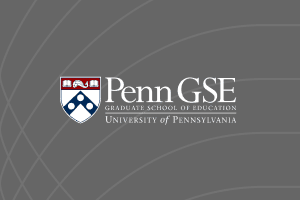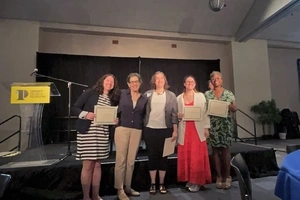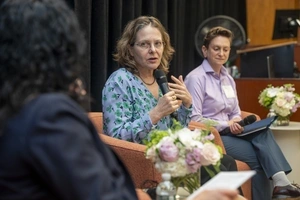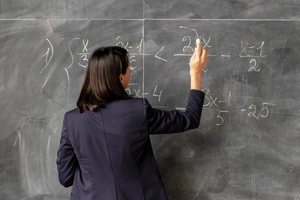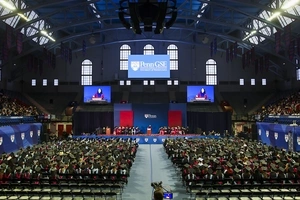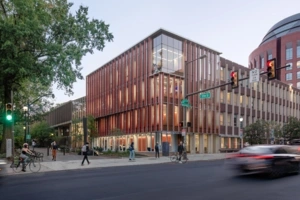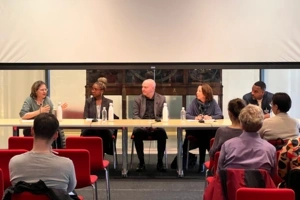As a teacher, doctoral candidate OreOluwa Badaki sought ways to involve her students in community and civic engagement. Prior to beginning her doctoral studies in Penn GSE’s literacy, culture, and international education division, she taught around the world, from South Africa, to a Navajo reservation in the US, to Ghana. Later, she spent time working for UNESCO and the UN on education policy, but the seeds of her interest in the intersection of education and environmental justice were sown in the projects her students chose to work on, which addressed issues in their communities like pollution, diabetes, and drug and alcohol abuse.
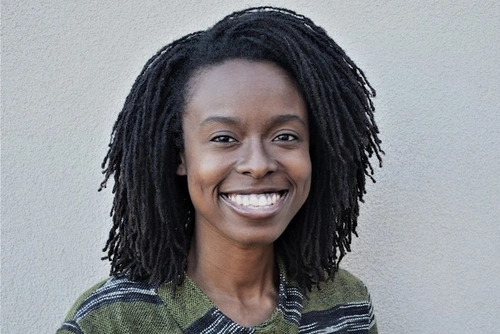
“I’m not an environmental sciences teacher, I’m not a health teacher, but you sort of realize how interdisciplinary these issues are,” she shared in an interview with the Agents of Change in Environmental Health podcast.
Locally, Badaki has worked with students through Sankofa Community Farm internship program at Bartram’s Garden. She spoke with one of those students for an op-ed in Environmental Health News. “We need coalitions that learn from the past in order to prepare for the future,” she writes. “As we think about how best to support [youth activists], it's important that we uplift young people's contributions to intergenerational efforts, as well as hold policy and decision makers accountable for ensuring intergenerational environmental justice and health equity.”
Badaki’s doctoral work “focuses on how young people (de)construct, interpret and share oral and written texts as they work toward food and environmental justice in their communities.” For more, check out her interview on the Agents of Change in Environmental Health podcast and op-ed in Environmental Health News.
